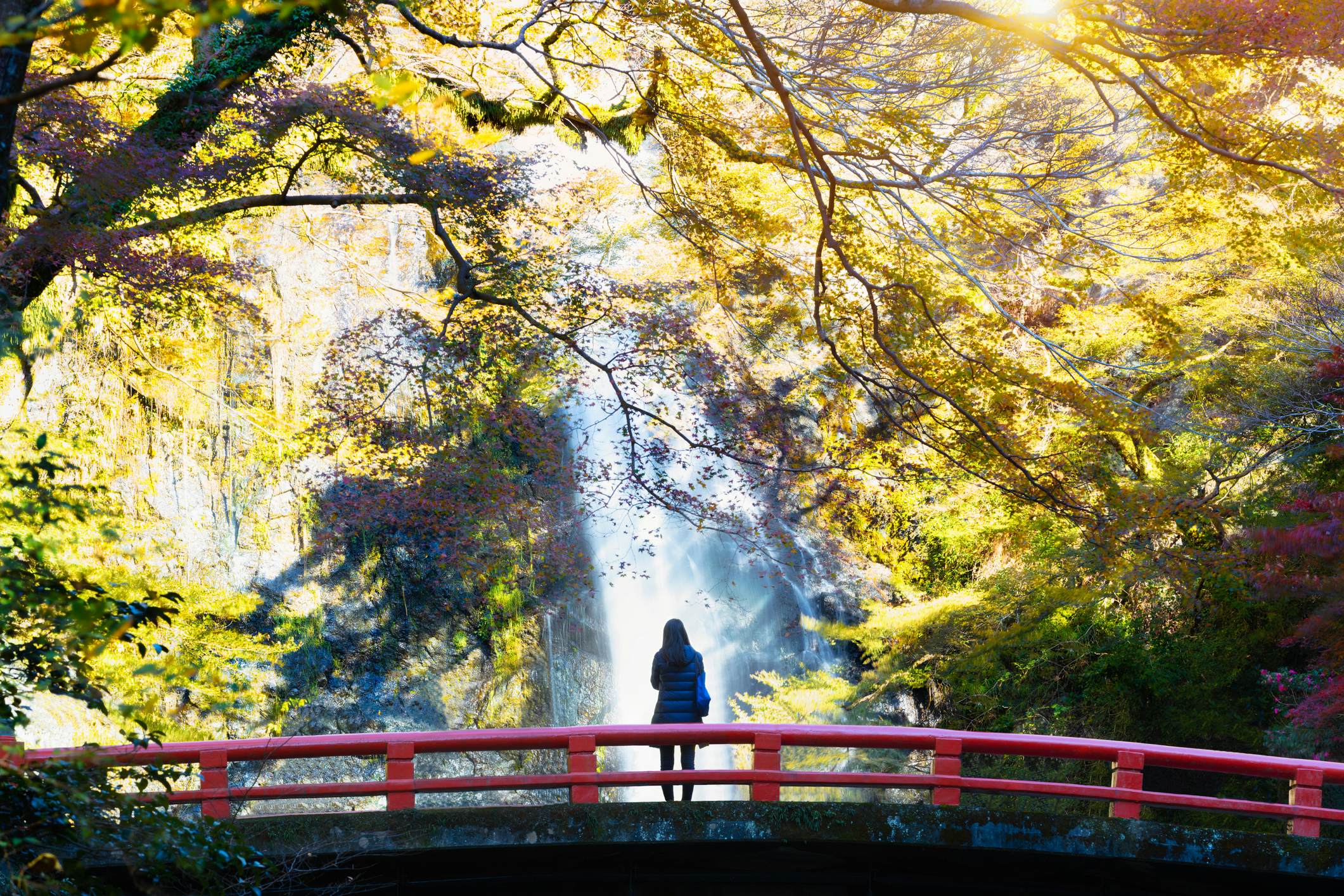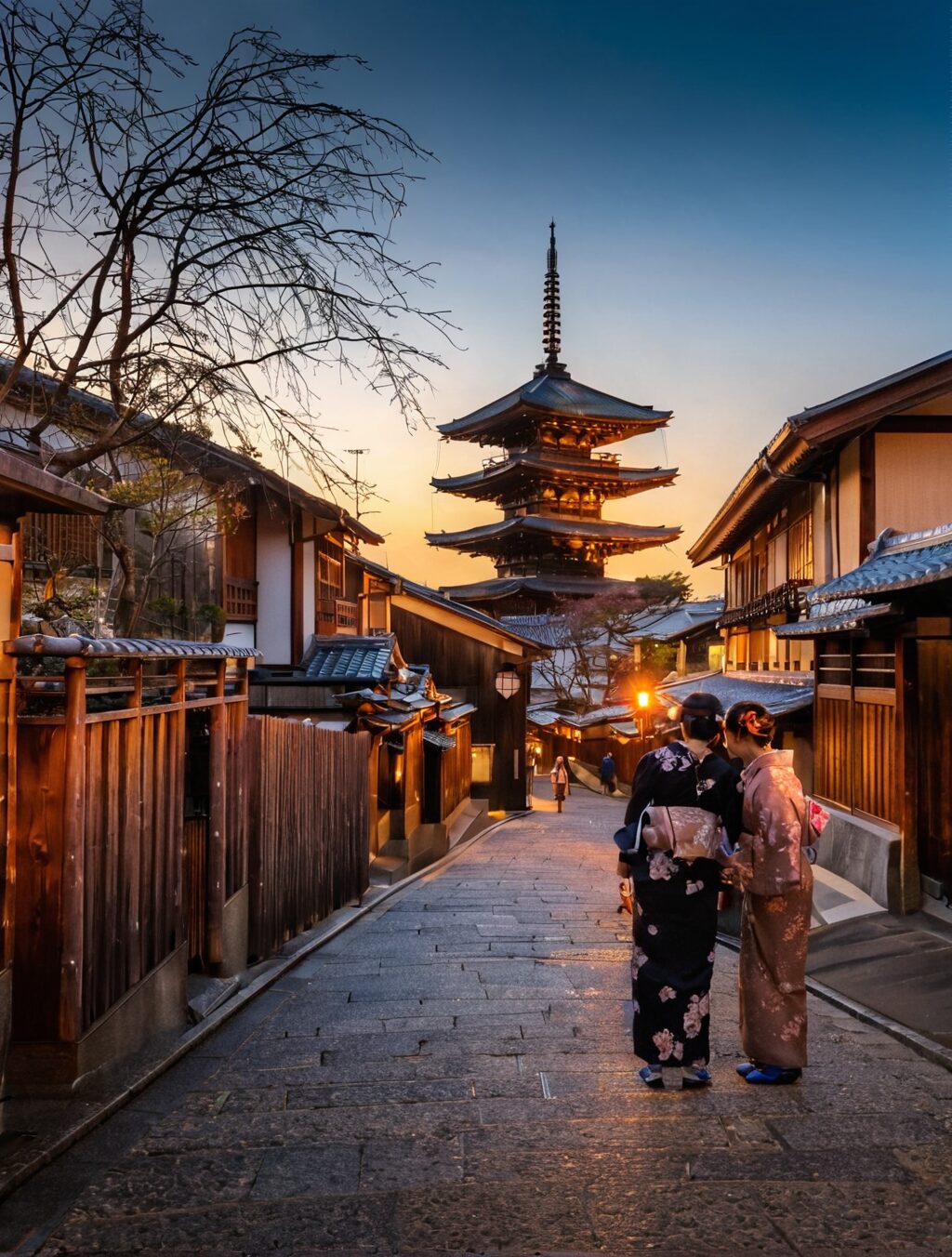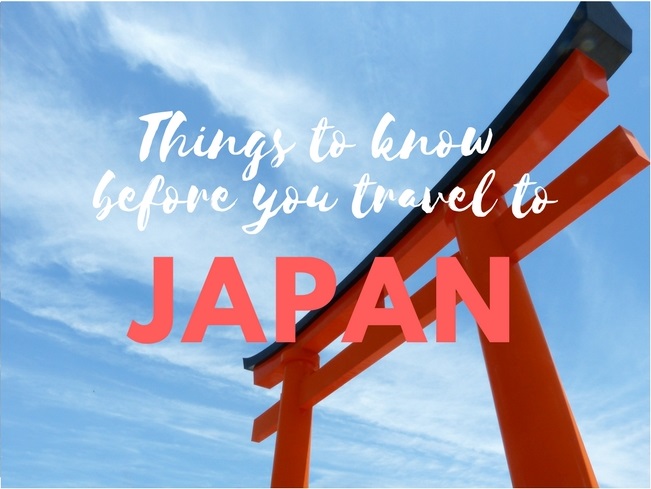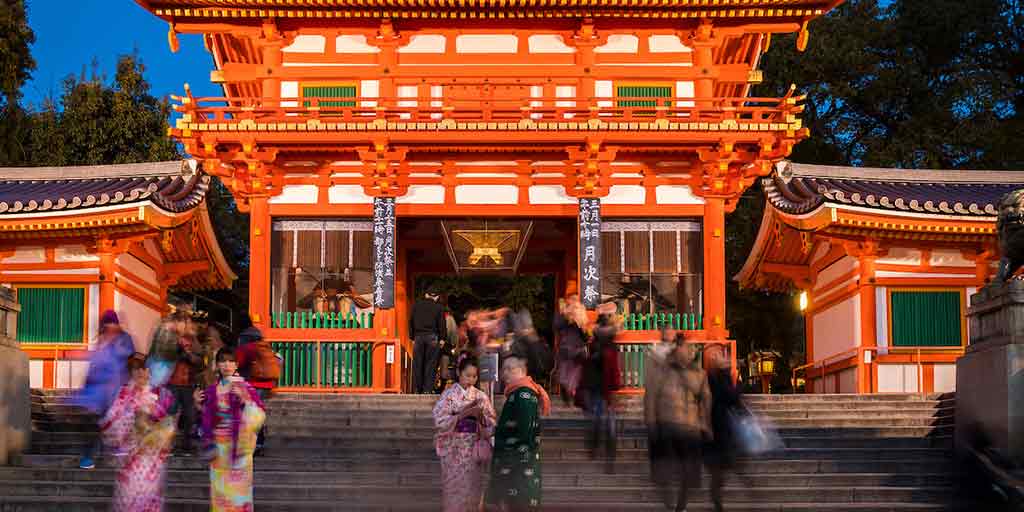Japan is a captivating destination that seamlessly blends traditional culture with cutting-edge modernity. If you’re planning a trip to the Land of the Rising Sun, there are several important things to consider to ensure an enjoyable and enriching experience. As someone who has explored both the bustling streets of Tokyo and the serene gardens of Kyoto, I’m here to share essential insights, tips, and experiences that will help you navigate this incredible country.
Table of Contents
- Planning Your Trip
- When to Visit Japan
- Visa Requirements
- Cultural Etiquette
- Transportation in Japan
- Must-Visit Destinations
- Food and Drink
- Accommodation Options
- Travel Tips
- Pros and Cons
- FAQs
Planning Your Trip to Japan
Before setting foot in Japan, it’s crucial to have a well-thought-out travel plan. Based on my experiences, here’s a structured approach:
- Set a Budget: Determine how much you are willing to spend on accommodation, food, travel, and activities.
- Duration of Stay: Decide how long you plan to stay in Japan. Ideally, a minimum of 10 days allows you to explore multiple cities.
- Must-See Attractions: Research the top destinations (more on this later) and create an itinerary that balances popular sites with personal interests.
- Travel Insurance: Don’t forget to get travel insurance; it’s essential for safeguarding your trip.
How to Create Your Itinerary
Your itinerary should reflect your travel interests. Here’s a simple template you can follow:
| Day | Location | Activities |
|---|---|---|
| 1 | Tokyo | Explore Shibuya, visit Meiji Shrine |
| 2 | Tokyo | Tokyo Skytree, Asakusa |
| 3 | Kyoto | Golden Pavilion, Gion District |
| 4 | Osaka | Universal Studios Japan |
| 5 | Hiroshima | Peace Memorial Park |
When to Visit Japan
The best time to visit Japan depends on what you want to experience. Here’s a breakdown of the seasons:
- Spring (March to May): Famous for cherry blossoms, mild weather.
- Summer (June to August): Hot and humid; ideal for festivals, but expect crowds.
- Autumn (September to November): Beautiful fall foliage, comfortable temperatures.
- Winter (December to February): Great for skiing in areas like Hokkaido and experiencing winter festivals.
Personal Experience: Best Time to Visit
During my spring visit, I was mesmerized by the cherry blossoms in full bloom. They create an enchanting atmosphere, especially in parks like Ueno Park in Tokyo. However, if you prefer cooler temperatures and fewer tourists, autumn is also a beautiful season with vibrant foliage.

Visa Requirements
Depending on your nationality, you may or may not need a visa to enter Japan. Here’s a quick overview:
| Country | Visa Requirement |
|---|---|
| USA | No visa for stays less than 90 days |
| UK | No visa for stays less than 90 days |
| Canada | No visa for stays less than 90 days |
| Australia | No visa for stays less than 90 days |
| India | Visa required |
Always check the latest visa policies before your trip, as they can change frequently. You can find updated information on the official Japanese immigration website.
Cultural Etiquette in Japan
Understanding and respecting Japanese culture is paramount. Here are some key etiquettes to keep in mind:
- Bowing: A traditional greeting; it shows respect. A slight bow is sufficient.
- Shoes Off Indoors: Always remove your shoes when entering someone’s home or certain traditional accommodations.
- Politeness: Use “sumimasen” (excuse me) and “arigatou” (thank you) frequently.
- Quietness: Maintaining a low voice in public transport is appreciated.
Personal Experience: Cultural Missteps
On my first day, I made the mistake of entering a traditional ryokan without removing my shoes! The surprised look on the host’s face quickly reminded me of the importance of respecting local customs. Learning a few basic phrases in Japanese can also go a long way in endearing you to the locals.

Transportation in Japan
Japan’s transportation system is renowned for its efficiency, cleanliness, and punctuality. Here’s a breakdown of your options:
Public Transport
The most convenient way to get around cities is via public transport:
- Trains: The Shinkansen (Bullet Train) is a must-try for its speed and comfort. Tokyo to Kyoto takes only about 2 hours and 30 minutes!
- Subway: Each city has its subway system; purchase a prepaid Suica or Pasmo card for ease of travel.
- Buses: While less common, buses serve areas not covered by trains. Be aware that some bus routes can be complex.
Rental Cars
If you plan to explore rural areas, renting a car may be a good option. However, be mindful of the following:
- International Driving Permit (IDP) is required.
- Driving is on the left side of the road.
- Navigation can be challenging due to language barriers; consider using a GPS or smartphone app.

Travel Passes
For extensive travel, consider these passes:
| Pass | Description | Price |
|---|---|---|
| Japan Rail Pass | Unlimited travel on JR trains for 7, 14, or 21 days. Great for long-distance travel. | $275 (7 days) |
| Tokyo Metro Pass | Unlimited rides on Tokyo Metro lines for a specific number of days. | $17 (1 day) |
| Kansai Thru Pass | Unlimited travel on selected railways and buses in the Kansai area. | $47 (2 days) |
Must-Visit Destinations in Japan
Here’s a selection of some iconic locations you shouldn’t miss during your trip:

Tokyo
Japan’s capital, a bustling metropolis combining tradition and modernity. From the neon-lit streets of Shibuya to the historic Asakusa district, Tokyo has something for everyone.
Kyoto
Famous for its classical Buddhist temples, as well as gardens, imperial palaces, and traditional wooden houses. Visit the Fushimi Inari Shrine, known for its thousands of vermillion torii gates.

Osaka
Japan’s kitchen! A paradise for street food lovers. Explore the lively Dotonbori district and try local delicacies like takoyaki and okonomiyaki.
Hiroshima
Visit the Peace Memorial Park and Museum to reflect on the past and embrace hope for the future. Don’t miss the nearby island of Miyajima, famous for its floating torii gate.

Hokkaido
A winter wonderland, perfect for skiing and enjoying hot springs. Sapporo is the main city, known for its beer and annual snow festival.
Food and Drink in Japan
Japanese cuisine is an art form in itself. Here’s a breakdown of what to try:
Must-Try Dishes
- Sushi: Fresh seafood served over vinegared rice. Find a local sushi bar for an authentic experience.
- Ramen: Noodle soup available in various styles; don’t hesitate to slurp!
- Okonomiyaki: Savory pancakes filled with various ingredients; a specialty of Osaka.
- Matcha: Green tea flavor, found in everything from ice cream to sweets.

Personal Experience: Street Food Adventures
While wandering through Osaka’s Dotonbori district, I stumbled upon a bustling street food stall selling takoyaki. The deliciously crispy balls filled with octopus were an explosion of flavor! Don’t hesitate to explore local markets for unique culinary experiences.
Accommodation Options in Japan
Japan offers a wide range of accommodations, from luxury hotels to traditional ryokans. Here’s a breakdown:
Types of Accommodations
- Hotels: Western-style hotels are widely available in major cities.
- Ryokan: Traditional Japanese inns offering tatami mat rooms and often include meals.
- Capsule Hotels: A unique and budget-friendly option, especially for solo travelers.
- Airbnb: A great option for those seeking a local experience.
Pros and Cons of Each Accommodation Type
| Type | Pros | Cons |
|---|---|---|
| Hotels | Comfortable, familiar amenities | Higher cost |
| Ryokan | Authentic cultural experience, traditional meals | May lack modern amenities |
| Capsule Hotels | Affordable, unique experience | Limited space, not ideal for couples |
| Airbnb | Local experience, often more spacious | Varied quality, may lack local regulations |
Travel Tips for Japan
Here are some handy travel tips to make your journey smoother:
- Cash is King: While credit cards are accepted at some places, many still prefer cash. Always carry yen with you.
- Learn Basic Japanese Phrases: While many Japanese people understand English, knowing simple phrases will enhance your experience.
- Stay Connected: Consider renting a pocket Wi-Fi device to stay connected throughout your trip.
- Respect Local Customs: Observe and follow local etiquette to enhance interactions and experiences.
Pros and Cons of Traveling to Japan
Like any destination, Japan has its advantages and drawbacks. Here’s a quick overview:
| Pros | Cons |
|---|---|
| Cultural Diversity | High cost of living |
| Efficient Transportation | Language barrier in rural areas |
| Delicious Cuisine | Crowds during peak seasons |
| Safe and Clean Environment | Some customs may be unfamiliar |
Frequently Asked Questions (FAQs)
1. Do I need to tip in Japan?
No, tipping is not a common practice in Japan and may even be considered rude. Exceptional service is expected and included in the overall price.
2. Is it safe to travel alone in Japan?
Yes, Japan is one of the safest countries for solo travelers, with low crime rates and a welcoming atmosphere.
3. What should I wear while traveling in Japan?
Dress modestly, especially when visiting temples. Comfortable walking shoes are a must—prepare for a lot of walking!
4. Can I use my mobile phone in Japan?
Yes, but check with your carrier for international plans. Renting a pocket Wi-Fi device is also a popular option for reliable internet access.
5. What is the currency used in Japan?
The currency is the Japanese Yen (JPY). It’s best to exchange money before or upon arrival.
Conclusion
Traveling to Japan can be one of the most rewarding experiences of your life. By understanding the culture, planning your itinerary, and staying open to new experiences, you will create lasting memories. Whether it’s savoring the delicious cuisine, exploring ancient temples, or simply enjoying the beautiful landscapes, Japan has something for everyone. Safe travels!